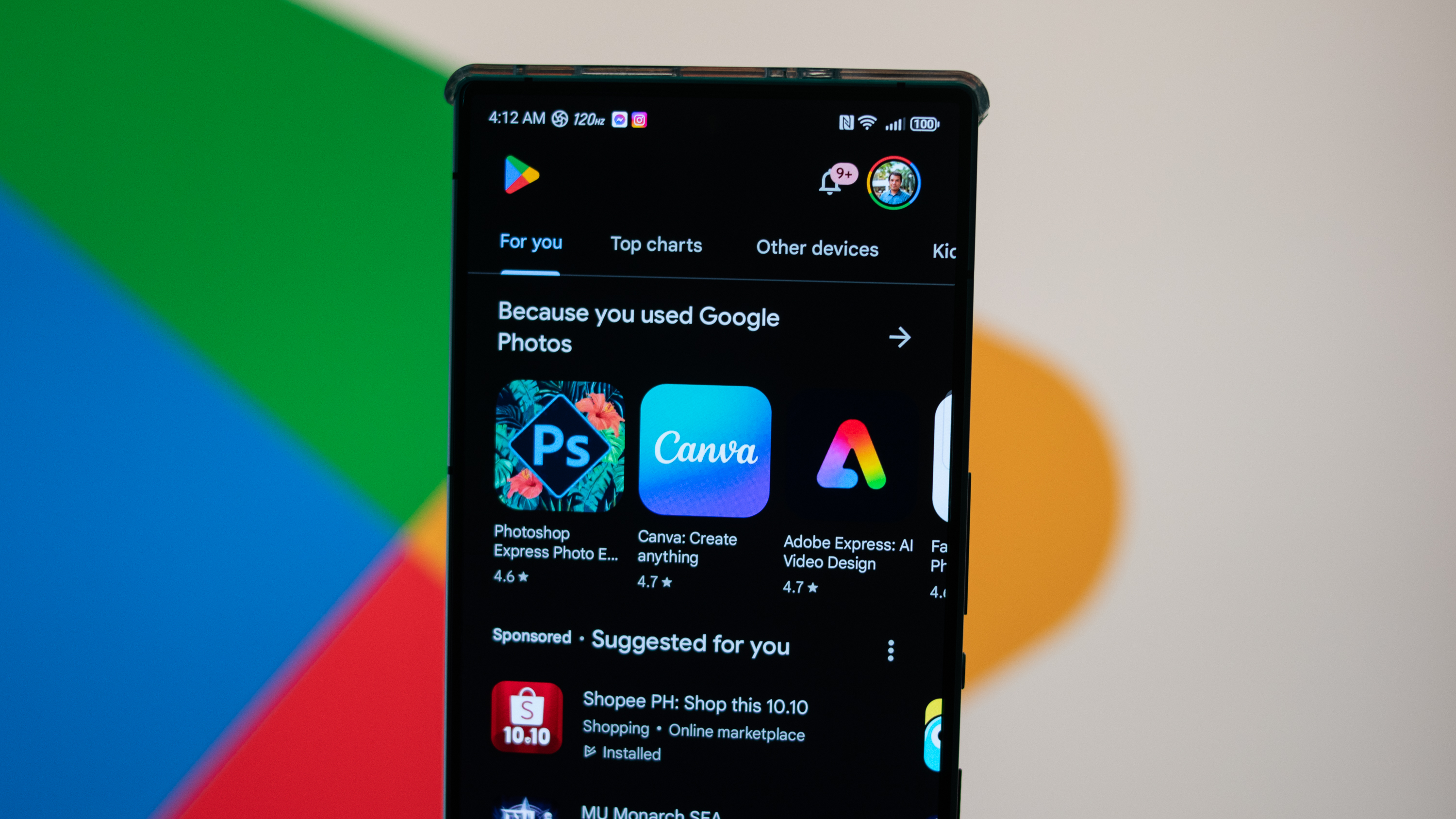Google's latest legal setback could open the door for more app stores on Android
Google has been ordered to keep the Play Store open to rivals for the next three years.

What you need to know
- A U.S. judge has ruled that Google must share its entire app catalog with rival app stores and promote them on the Play Store.
- Google is also prevented from paying companies to avoid challenging its app store dominance or require its app store to be preinstalled on new devices.
- The old rule forcing developers to use Google Pay Billing is gone, allowing for other payment options.
- A three-person committee, including reps from Google and Epic Games, will oversee Google’s compliance with these changes.
Google has been ordered to share its entire app catalog with rival app stores and promote those third-party app marketplaces on the Play Store.
In a landmark decision, U.S. District Judge James Donato has ordered Google to loosen its hold on the Android app ecosystem. The court says Google must allow competitors into its app store for the next three years and make it easier for Android apps to be available through other app stores (via The Verge).
Epic Games' victory means Google must now share its app library with other app stores and even promote them. This ruling wraps up a four-year antitrust showdown between the two.
The injunction requires the search giant to make it easier for users to install rival app stores right from the Play Store. Plus, Google has to allow third-party app stores to distribute apps from Google Play unless developers choose to opt out.
Google is also prevented from doing things that could hinder competition, like paying companies to avoid challenging its app store dominance. Also, Google can’t make deals that require its app store to be preinstalled on new devices.
Further, the injunctions tackle Google’s old rule that forced developers to use Google Pay Billing for app sales in the Play Store. That requirement is now gone, allowing developers to offer other payment options that bypass Google’s revenue-sharing model.
App developers can now include links to other installation options right in their apps, making it easier for users to choose how they download and install software. They can also share information about different ways to make purchases.
Get the latest news from Android Central, your trusted companion in the world of Android
A three-person committee will be set up to keep an eye on how well Google follows the court’s injunctions and tackle any tech issues that pop up. This team will include representatives from both Google and Epic Games.
Google has to stick to these changes for three years starting November 1, 2024. However, Alphabet plans to appeal the rulings, with Google's VP for regulatory affairs, Lee-Anne Mulholland, citing competition from Apple and security issues. This could push back major changes to Google’s business practices by several months or even years.
Nevertheless, the Mountain View-based company can still charge fees for necessary measures to protect user safety and security for apps from Google Play.
The court's ruling is a major milestone that could set a precedent for future antitrust cases against Google. It’s part of a larger wave of lawsuits aimed at the company's monopolistic practices, highlighting the ongoing push for competition and consumer welfare in the digital marketplace.
The latest ruling follows a similar case from December, where a jury unanimously agreed that the Play Store and Google Play Billing service were illegal monopolies. They also found that various deals between Google, game developers, and phone manufacturers amounted to anticompetitive behavior.

Jay Bonggolto always keeps a nose for news. He has been writing about consumer tech and apps for as long as he can remember, and he has used a variety of Android phones since falling in love with Jelly Bean. Send him a direct message via X or LinkedIn.
You must confirm your public display name before commenting
Please logout and then login again, you will then be prompted to enter your display name.
